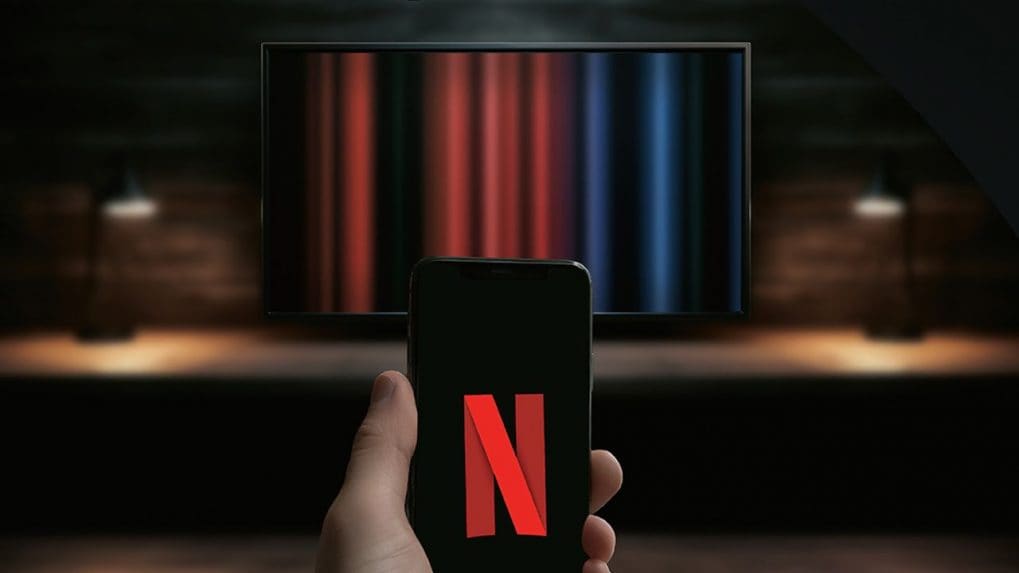Advertising
Layoffs in Adland: Omnicom's acquisition of IPG nears finish line. But at what human cost?

Netflix has confirmed its first use of generative artificial intelligence (Gen AI) in an original production, employing the technology to create a building collapse scene in the Argentine science fiction series, "The Eternaut."
During an investor call, Netflix co-CEO Ted Sarandos stated that their visual effects studio, Scanline, partnered with the show's creative team, using AI tools for the sequence.
"That VFX sequence was completed 10 times faster than it would have been using traditional visual effects tools and workflows," Sarandos said. He added that "the cost of producing it through conventional means would simply not have been feasible for a show with that budget."
The integration of Gen AI has generated discussion within the entertainment industry regarding intellectual property and job displacement. AI was a point of contention during the 2023 Hollywood writers' strike, resulting in an agreement that prohibits studios from using AI to write or edit human-authored scripts.
Sarandos maintains that Netflix's use of Gen AI will not affect its commitment to "telling great stories."
Tools like OpenAI's Sora and Google's Veo 3, which can generate footage from text prompts, have intensified concerns about job security in the industry.
Netflix also plans to introduce interactive ads powered by generative AI for ad-tier subscribers, beginning in 2026.
"The Eternaut," based on the graphic novel by Héctor G. Oesterheld and illustrated by Francisco Solano López, reached Netflix's global Top 10 for non-English-language series and entered the overall Top 10 in multiple countries. A second season has been confirmed.
According to LinkedIn’s research with over 1,700 B2B tech buyers, video storytelling has emerged as the most trusted, engaging, and effective format for B2B marketers. But what’s driving this shift towards video in B2B? (Image Source: Unsplash)
Read MoreIndia’s parliamentary panel warns fake news threatens democracy, markets and media credibility, urging stronger regulation, fact-checking, AI oversight and global cooperation.